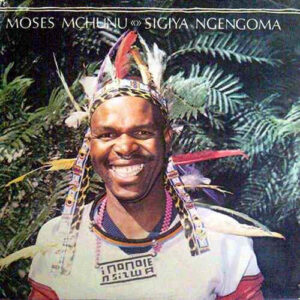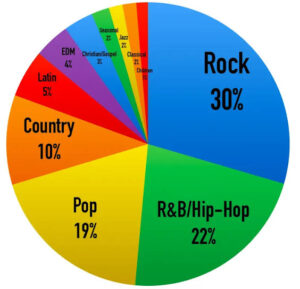
Maskandi is a genre of music that originated in the KwaZulu-Natal province of South Africa. Historically, Maskandi music has served as a means for people to express their political opinions and social commentary.
During the apartheid era, Maskandi musicians used their music as a platform to speak out against the oppressive regime. The lyrics often conveyed messages of resistance, highlighting the struggles of the marginalized communities. It offered a voice to the Zulu people, who were heavily impacted by the apartheid government’s discriminatory policies.
Here are some of the prominent political messages conveyed through maskandi music:
1. Apartheid Resistance: During the apartheid era, maskandi music became a medium for expressing resistance against the oppressive policies of the white minority government. Songs often depicted the struggles and resilience of black South Africans facing apartheid’s discriminatory laws.
2. Social Inequality: Maskandi songs effectively address the social and economic disparities experienced by marginalized communities. They highlight issues such as poverty, unemployment, and land ownership, giving voice to the concerns and frustrations of the ordinary people.
3. Political Leadership: Maskandi artists often critique political leadership and advocate for change in their lyrics. They may express frustration with corruption, lack of accountability, and ineffective governance. Maskandi musicians may support specific political leaders or movements and encourage the public to engage in political activism.
4. Xenophobia and Ethnic Tensions: Some maskandi songs tackle the issue of xenophobia and ethnic tensions within South Africa. They condemn violence and promote unity among different cultural groups, emphasizing the need to embrace diversity and foster social harmony.
5. Cultural Preservation: Maskandi music aims to preserve Zulu traditions and cultural identity, showcasing the richness and beauty of Zulu heritage. By celebrating their cultural roots, maskandi musicians convey a subtle political message of valuing and protecting indigenous heritage in the face of globalization and modernization.
6. Gender Equality: A consistent theme in maskandi music is the empowerment and recognition of women. Artists challenge patriarchal norms and advocate for gender equality, promoting the inclusion and agency of women within Zulu society.
7. Historical Reflection: Maskandi songs often reflect on historical events, such as the Zulu wars, and the impact of colonization on indigenous communities. These reflections serve as reminders of the sacrifices made by past generations and the ongoing struggle for justice and equality.
Maskandi music serves as a platform to convey political messages that address various social, economic, and cultural issues affecting Zulu communities. It provides a voice for marginalized groups and fosters critical thinking and dialogue on political matters.
READ ALSO: Role of Maskandi in South African culture
Maskandi artists also played a significant role in spreading awareness about social and economic issues affecting their communities. Through their music, they addressed topics such as poverty, unemployment, inequality, and corruption. Many songs criticized politicians and government officials, holding them accountable for their failures and demanding change.
Additionally, Maskandi music often promotes traditional Zulu culture and values. It celebrates the history, customs, and heritage of the Zulu people, helping to preserve and promote their identity. The lyrics frequently touch upon topics such as love, family, and spirituality, while also reflecting the challenges faced by the community.
Overall, the political message of Maskandi is about empowering the Zulu people, challenging societal injustices, and advocating for social and economic equality. It continues to be a powerful tool for expression, activism, and social mobilization within the community.





